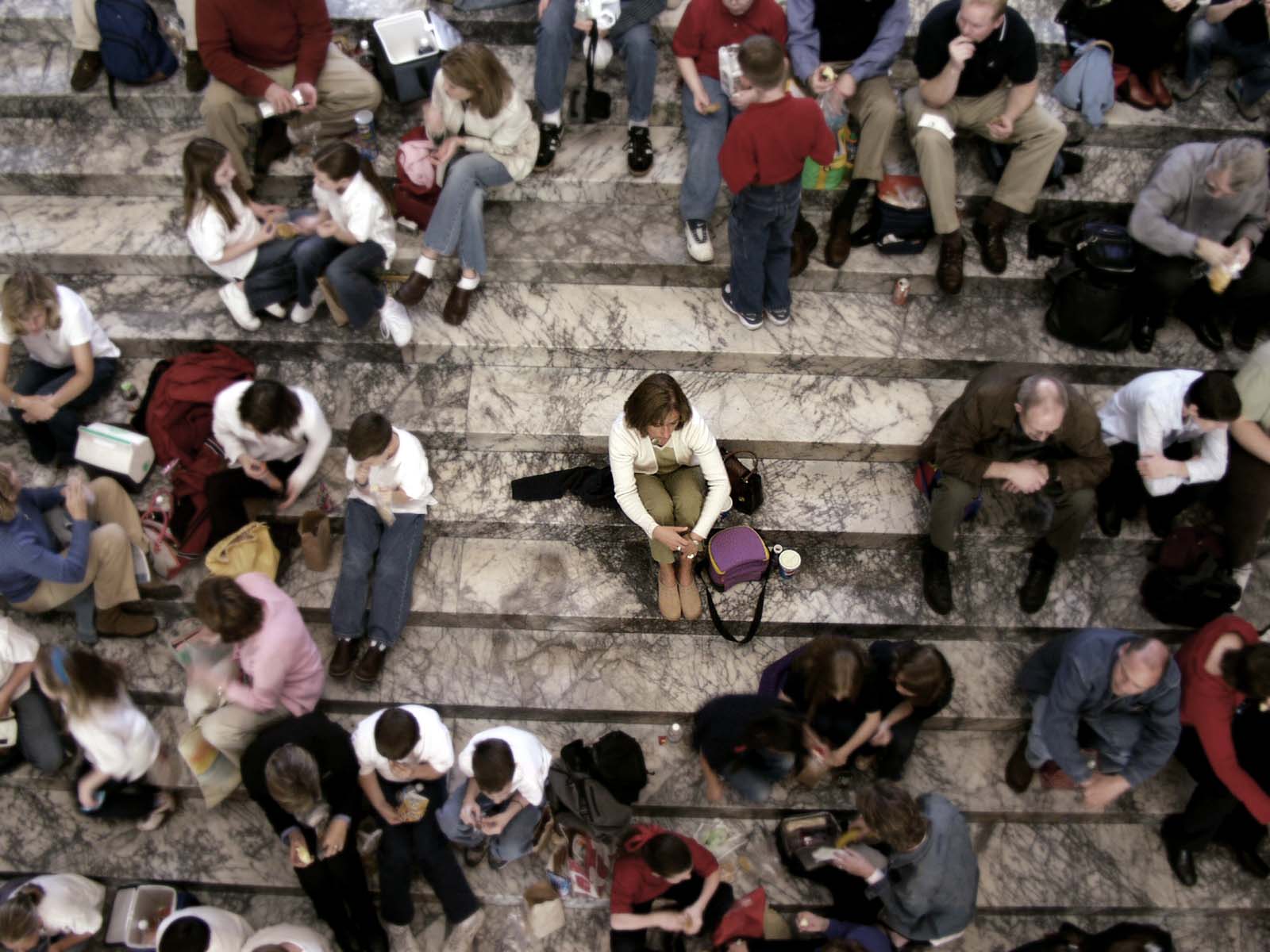Feeling Lonely? You Aren’t Alone.

Technology has enabled us to reach more people in more places. Yet, loneliness is so common that the U.S. Surgeon General recently declared it a public health epidemic. Mental health experts say his read of the situation is spot on.
Felicia Gould, Ph.D., a clinical neuropsychologist at the University of Miami Health System and an assistant professor of psychiatry and behavior sciences at the University of Miami Miller School of Medicine, says she is seeing more people who admit to a sense of isolation.
“I don’t know if people necessarily use the word lonely, but they do talk about being socially disconnected,” she says. “They complain they don’t go out as much or that they don’t have as many friends.”
Loneliness, she adds, is “very subjective.”
In other words, one person may feel okay with a small social network, but another may feel lonely in the same situation. The quality of these connections is key.
“There is no magic number of friends,” she explains. “It really depends on the subjective value of their connections. More than anything, it depends on the person’s perception of those connections. Many people also experience loneliness because they are actively searching for a committed romantic partner or they no longer feel connected to their existing romantic partner.”
In May, U.S. Surgeon General Vivek Murthy’s office released an 81-page report that sounded the alarm on a condition that is experienced by half of all U.S. adults at some point in their lives.
Loneliness, the report revealed, is as deadly as smoking up to 15 cigarettes a day.
What’s more, research has shown that it increases the risk of premature death by nearly 30% and costs the health industry billions of dollars annually. People who are lonely also have a greater risk of stroke and heart disease, dementia, anxiety and depression.
This epidemic of loneliness did not happen overnight. For years now, mental health experts have known that our social circles are shrinking and that we’re spending less time with friends.
For example, in 2000, Americans said they spent about 60 minutes a day with friends. In 2020, that had plummeted to 20 minutes.
The drop has been particularly steep among young people between the ages of 15 to 25. That demographic reported a 70% drop in time spent with friends.
This trend has been going on for decades, with fewer people participating in community activities, faith organizations and recreational sports leagues. Changes in society have also upended the way we connect. Compared to previous generations, people today move more, change jobs more and tend to live farther away from family and childhood friends, Dr. Gould points out.
You see loneliness at all ages.
“No age group is immune, but older adults are the most vulnerable,” she adds, namely because these older adults tend to experience more disconnection from family and friends and more grief and loss due to their stage of life.
COVID-19 exacerbated the problem of loneliness.
“The pandemic incentivized people to stay away from each other,” Dr. Gould says, “and some socialization habits haven’t come back.”
Paradoxically, social media has aggravated the feeling of disconnection, too. Those who used social media for two hours or more daily were at least twice as likely to report feeling socially isolated than people who used these apps for fewer than 30 minutes, according to the report.
As Dr. Gould says, “There is no substitute for face-to-face connection and frequent socialization with peers. This is why we encourage it for good mental health.”
Dr. Gould says there are steps we can take to combat isolation:
Put yourself out there.
In other words, take the first step by talking to your neighbors, joining a group (meetup.com or the like, for example) that shares your interests, or networking with colleagues. Not every connection will develop into a friendship, but some might.
Get out of your comfort zone.
Try new experiences. Reach out to different kinds of people.
Volunteer.
Doing good not only helps you meet other people, but it also helps you feel better about yourself.
Limit social media.
Watching others lead so-called perfect lives can actually make you feel more disconnected. “People feel they are missing out,” Dr. Gould explains, “if they’re not able to enjoy the same lifestyle or are included in the same events.”
Reconnect with old friends.
It’s easier than ever to find people you’ve lost track of.
Keep to a routine that takes you outside the home.
The gym, your children’s school, the workplace, the neighborhood coffee shop, and your employer’s softball team are all fertile grounds for building friendships. “Familiar strangers” can become buddies over time.
Seek help if you have social anxiety.
“It’s exceedingly common. Some level of social anxiety is more the rule than the exception,” Dr. Gould says. “However, if social anxiety is preventing you from dating or participating in work and social events, treatment options, including cognitive behavioral therapy and medications, can help.”

Ana Veciana-Suarez is a regular contributor to the University of Miami Health System. She is a renowned journalist and author who has worked at The Miami Herald, The Miami News, and The Palm Beach Post. Visit her website at anavecianasuarez.com or follow @AnaVeciana on Twitter.
Tags: Dr. Felicia Gould, feel isolated, feelings of loneliness, loneliness and isolation, social interaction, strengthen social infrastructure
